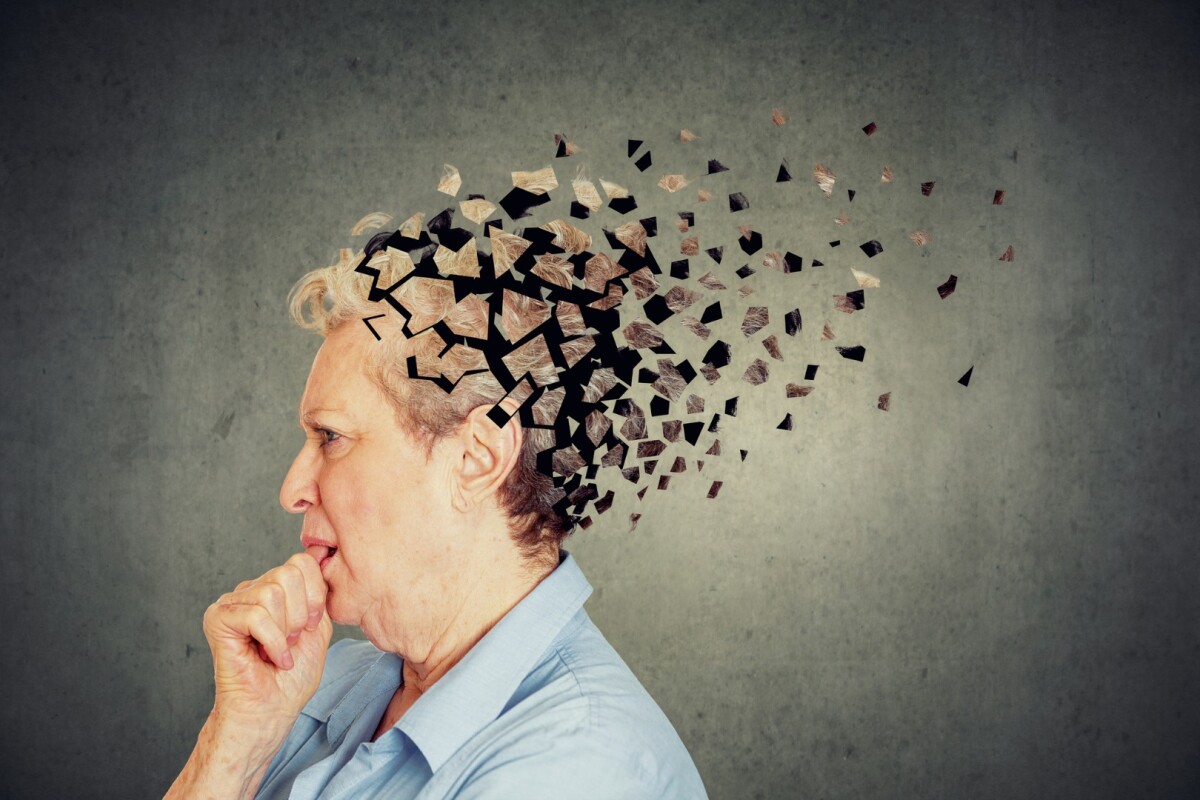Dementia is a loss of brain function that makes daily life difficult. It is most often found in older people and is not something you can catch from them or give to you. There are many kinds of dementia, but Alzheimer’s disease accounts for 60-80% of cases.
If you have dementia in Falls Church, you will often experience difficulties with memory, judgment, or other thinking processes. You may find it challenging to communicate and do things that you used to do comfortably. Dementia is not a specific disease itself, but it is caused by many different diseases and conditions, including Alzheimer’s disease, Parkinson’s disease, and Huntington’s disease.

While most forms of progressive dementia cannot be treated or slowed down, you can benefit from some medications and treatments that can improve symptoms. Other forms of dementia can be treated successfully, depending on the cause.
Forms of Dementia
- Alzheimer’s Disease
Alzheimer’s disease is a condition that causes changes in memory and behavior.
As the brain suffers damage, you will have more trouble remembering recent events. You may have problems thinking clearly or reasoning. In its most advanced stages, people with Alzheimer’s disease can no longer think for themselves and must depend on others for their daily needs.
If you have Alzheimer’s disease, you can sometimes wander. You may also often experience depression and anxiety.
- Huntington’s Disease
Huntington’s disease causes parts of the brain to break down.
Depending on which part of the brain is affected, people with Huntington’s disease can have difficulty with physical movements, changes in behavior, and problems with their memory. Your speech may become slurred as your ability to control your facial muscles deteriorates. You will likely lose weight as you begin to forget how to eat or as your body movements become uncoordinated.
As your condition advances, you may have difficulty swallowing and suffer from seizures. Although those with Huntington’s disease often live for over ten years after their symptoms first appear. Eventually, the nervous system breaks down.
- Parkinson’s Disease
People with Parkinson’s disease suffer from a lack of the neurotransmitter dopamine.
As you lose neurons that produce dopamine, your muscles will eventually become stiff and slow-moving. You may also experience tremors as your muscles begin to shake involuntarily. As Parkinson’s disease progresses, you may find it challenging to move around and even think or remember things correctly.
If you have Parkinson’s disease, your speech may become soft and slurred. You will likely also begin to feel restless and show less interest in day-to-day activities.
- Vascular Dementia
Vascular dementia is caused by reduced blood flow to the brain. Depending on which part of the brain the reduced blood flow affects, you will experience difficulties thinking or reasoning. Depending on what part of your body gets blood from that specific artery, you may lose some movement control. As vascular dementia progresses, you will have more difficulty with daily activities.
In summary, dementia is a group of conditions that cause a loss of brain function, especially among older people. You can successfully treat some forms of dementia, but no treatment exists for the progressive type. There are many different types of dementia, including vascular dementia, which limits blood flow to the brain, and Huntington’s disease. Parkinson’s disease and Alzheimer’s disease are also forms of dementia.
Leave a Reply